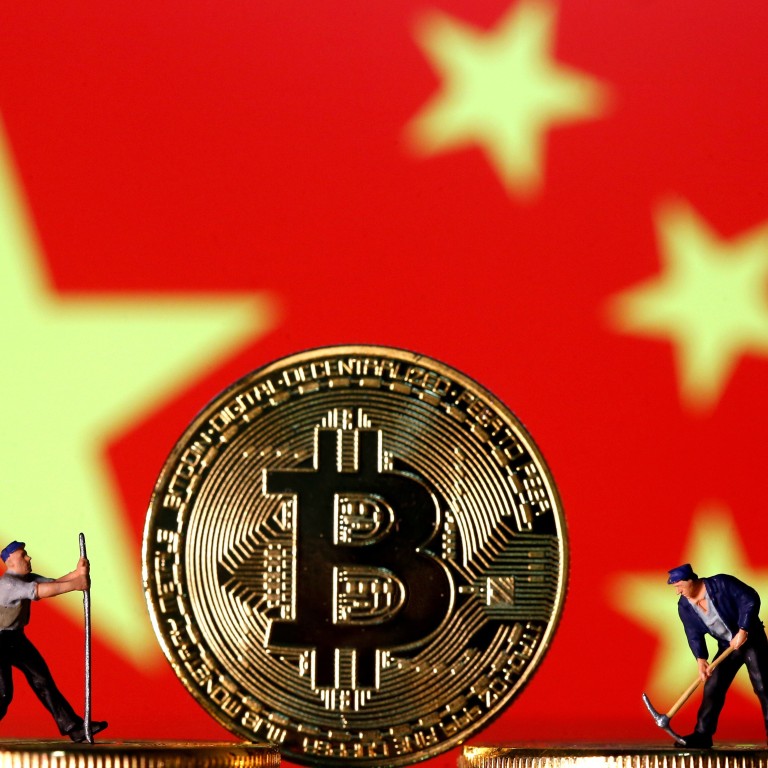
China accuses digital economy promoter of crypto-linked corruption
- Former Fuzhou Communist Party chief ‘abused his power to encourage virtual currency mining’
- Party watchdog says Xiao Yi has lost his job and will probably face criminal charges
The Central Commission for Discipline Inspection (CCDI) said on Saturday that Xiao Yi, a former vice-chairman of the Jiangxi people’s political consultative conference, had been stripped of his public office and would probably face a criminal trial.
“Investigations revealed that Xiao Yi … abused his power to introduce and support companies to engage in virtual currency ‘mining’ activities that do not conform with the national industrial policy,” the CCDI said.
It also accused Xiao, 59, of “colluding with illegal private enterprises owners to abuse power for personal gain”, taking bribes, “trading power and money for sex”, “interfering in judicial activities” and “moral decay”.
China puts cryptocurrency mining on industrial blacklist in final step to eliminate the activity
The energy-intensive activities were banned on September 24 as part of the country’s push to reach carbon neutral targets and over concerns that the transactions were “disrupting the economic and financial order”.
On Wednesday, the National Development and Reform Commission, the country’s top economic planning agency, told provincial authorities across the country to clean up the sector and ensure that computing facilities at state-owned enterprises and public institutions were not being used for the activity.

02:12
What are cryptocurrencies?
Before his downfall, Xiao had been the party chief of Fuzhou, Jiangxi province, since 2015 and had made crypto mining a priority area for the city, urging authorities to make the digital economy one of Fuzhou’s “core competences”.
In 2017, Xiao led a delegation on a trip to Germany, helping Fuzhou’s High-tech Industrial Development Zone and Chuangshiji Technology, a local data centre provider, strike a deal with cloud mining provider Genesis Mining to install 500,000 servers in Fuzhou to mine cryptocurrencies.
According to official media outlets in the city, the deal was worth over US$1.69 billion.
But it soon descended into acrimony and in September 2018, Chuangshiji suspended the agreement with Genesis over claims of unpaid power bills.
Genesis made a counter claim against Chuangshiji over the theft of nearly half a million graphics processing units used in the mining operation. The Supreme People’s Court upheld the claim in August and ordered Chuangshiji to return the chips.
China is a front-runner in the global race to launch a sovereign digital currency, the so-called Digital Currency Electronic Payment.

